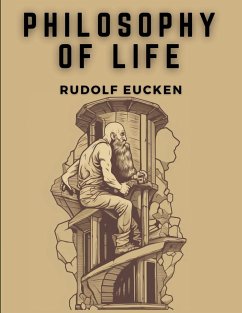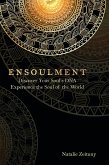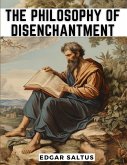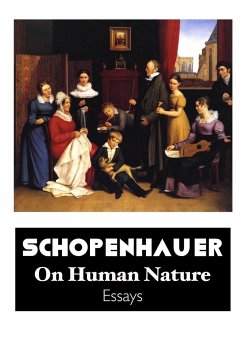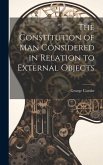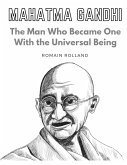Rudolf Christoph Eucken (5 January 1846 - 14 September 1926) was a German philosopher. He received the 1908 Nobel Prize in Literature "in recognition of his earnest search for truth, his penetrating power of thought, his wide range of vision, and the warmth and strength in presentation with which in his numerous works he has vindicated and developed an idealistic philosophy of life", after he had been nominated by a member of the Swedish Academy. Eucken received his PhD in classical philology and ancient history at Göttingen University in 1866 with a dissertation under the title ¿De Aristotelis dicendi ratione". Eucken's philosophical work is partly historical and partly constructive, the former side being predominant in his earlier, the latter in his later works. Their most striking feature is the close organic relationship between the two parts. The aim of the historical works is to show the necessary connection between philosophical concepts and the age to which they belong; the same idea is at the root of his constructive speculation. All philosophy is philosophy of life, the development of a new culture, not mere intellectualism, but the application of a vital religious inspiration to the practical problems of society. This practical idealism Eucken described by the term "ethical activism." In accordance with this principle, Eucken gave considerable attention to social and educational problems. He maintained that humans have souls, and that they are therefore at the junction between nature and spirit. He believed that people should overcome their non-spiritual nature by continuous efforts to achieve a spiritual life, another aspect of his ethical activism and meaning of life.
Hinweis: Dieser Artikel kann nur an eine deutsche Lieferadresse ausgeliefert werden.
Hinweis: Dieser Artikel kann nur an eine deutsche Lieferadresse ausgeliefert werden.

